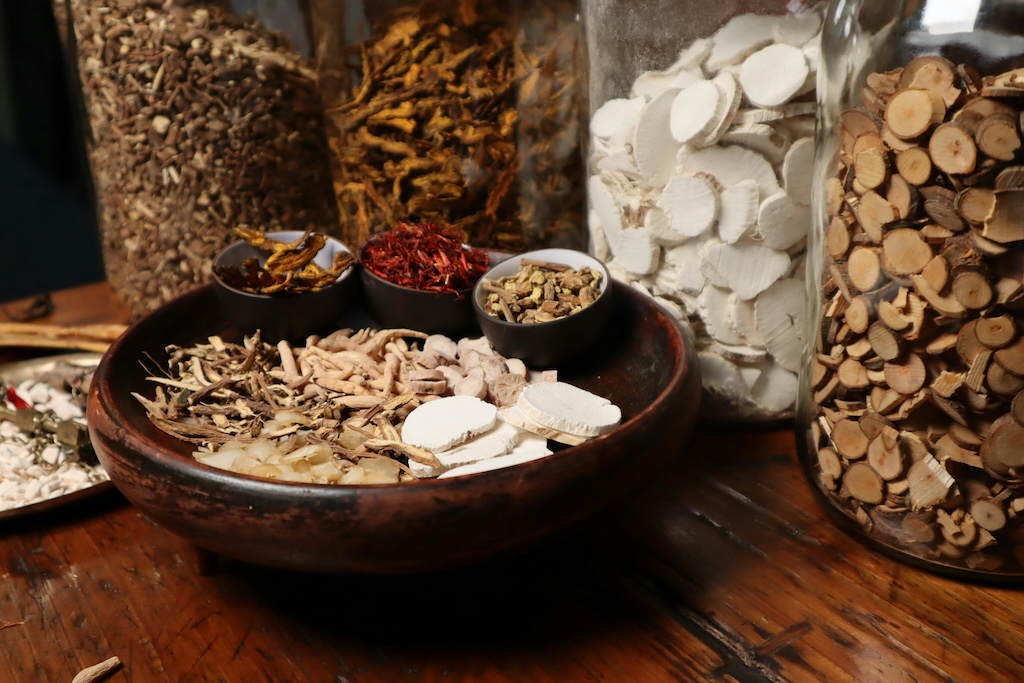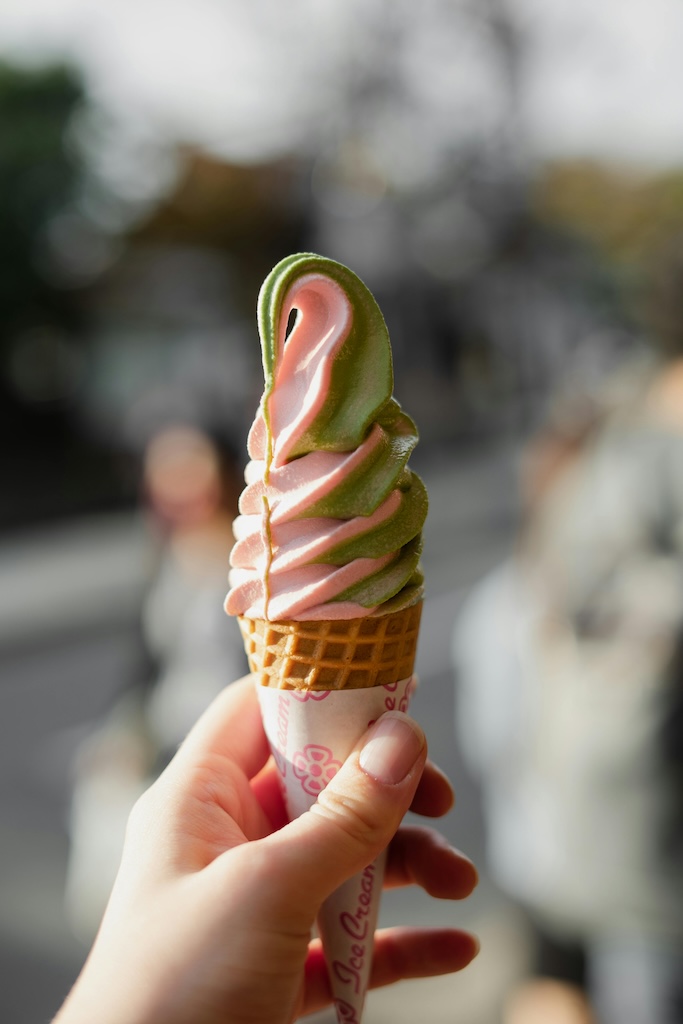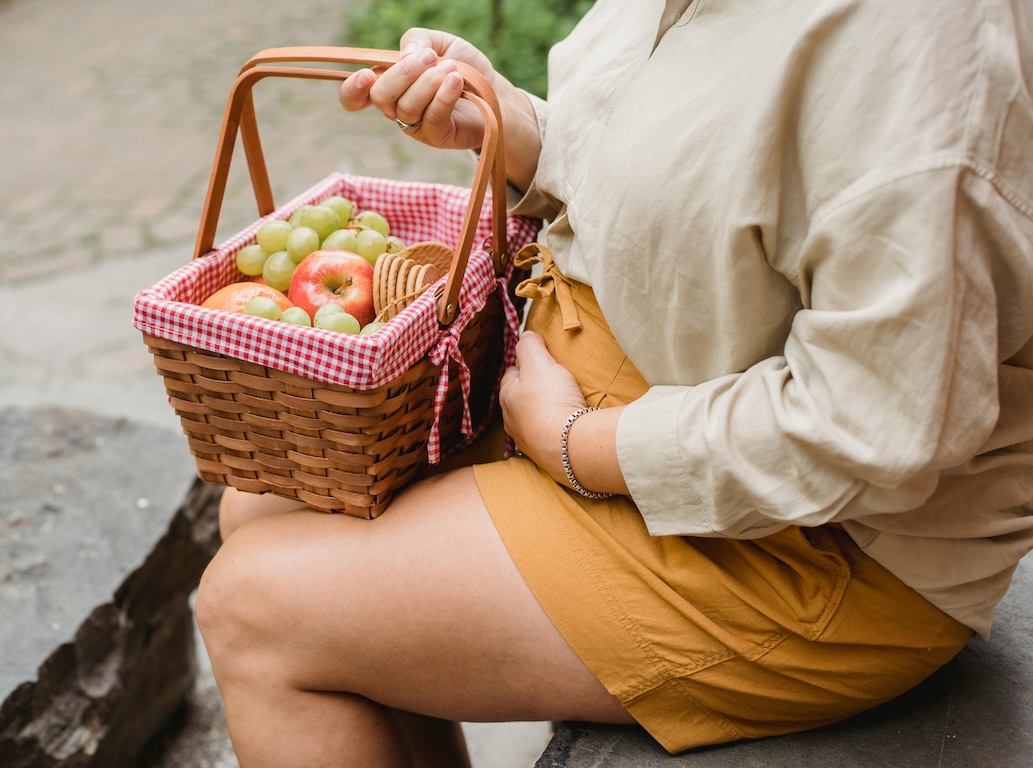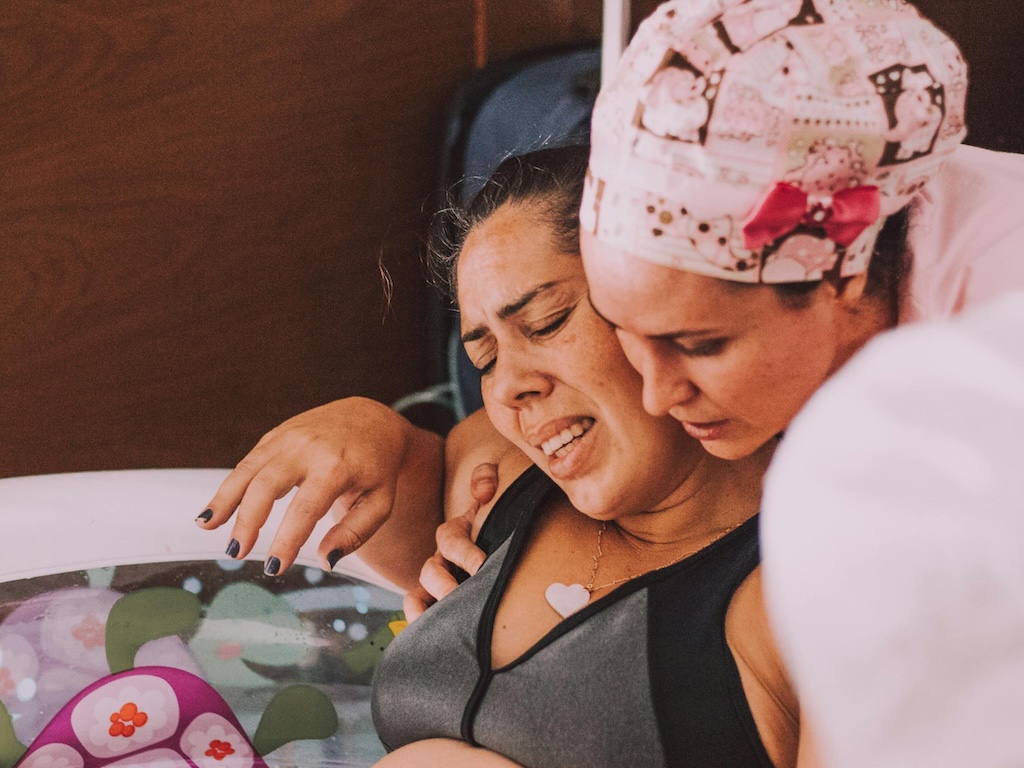SingaporeMotherhood | Pregnancy
February 2012
Pregnancy Nutrition: Foods to Avoid when You are Expecting

Having discussed beneficial foods to consume during pregnancy, we move on to examine foods to avoid at all cost when you are expecting. Incorporating advice provided by Ms Lim Siew Choo, a senior dietitian at KK Women’s and Children’s Hospital, we also examine traditional dietary recommendations to see if mums-to-be should follow them. Finally, we ask a mother who was formerly from the medical industry to share her experience with nutrition during pregnancy.
Standard Foods to Avoid during Pregnancy
Raw Meat and Raw Eggs
Rraw meat and eggs contain bacteria such as salmonella and listeria. Apart from causing food poisoning, a listeria infection can result in miscarriage, still birth and respiratory infections or meningitis in the newborn. Thus, mothers-to-be should avoid raw or partially-cooked meat, such as sashimi, medium-rare steak, as well as half-boiled or raw eggs. Do note that sukiyaki dips, some types of ice cream, and home-made mayonnaise contain raw eggs.
Unpasteurised Milk
Dairy products made from unpasteurised milk, such as goat’s milk and soft cheeses like brie and feta, should be avoided as they may contain listeria. The following are safe for pregnant women to eat: hard-serve ice cream, yoghurt and hard cheeses like parmesan and cheddar, which are made from pasteurised milk.
Alcohol
Consumption of alcohol increases the risk of miscarriage and birth abnormalities. As a safe limit of alcohol intake has yet to be established, it is best to avoid it completely. The alcohol content in some in over-the-counter cough and cold medications can be as high as 25%, so avoid self-medicating during pregnancy. As a rough guide, alcohol used in cooking, such as Chinese rice wine, may be safe to consume if the food has been simmered or baked for at least an hour.
Chinese Herbs and other Herbal Products
Due to lack of scientific research into the effects of Chinese herbs and other herbal products during pregnancy, it is best to avoid taking them. Specifically, Black cohosh, blue cohosh, Chinese angelica (Dong Quai) and ginseng can possibly affect the baby’s development if taken in concentrated amounts.

Traditional Nutritional Advice for Pregnancy
Pineapple
There is a belief that eating pineapple during pregnancy can cause miscarriage. Pineapple indeed contains a small amount of bromelain, an enzyme which some believe bring on labour. However, there is little research to support this theory and you will probably need to eat many pineapples for the bromelain to have an effect. Still, if you would like to play safe, eat other fruits instead.
Watermelon
Some Chinese view pregnancy as a “heaty” condition, thus they advise mums-to-be to avoid too much “cooling” food, such as watermelon. According to senior dietitian Ms Lim Siew Choo, “there is no firm scientific evidence to suggest that fruits like pineapple and watermelon are harmful during pregnancy. However, if you are more comfortable avoiding pineapples and watermelons, just ensure that you still have an adequate intake of other fruits.”
Liver
Traditional Chinese believe that eating liver can help promote the eye development of the baby. However, liver contains Vitamin A in a non-beta carotene form, and consuming excessive amounts can cause birth defects. Thus pregnant women should avoid eating liver and liver-based products like pâtés and cod liver oil.
Bird’s Nest
Well-meaning friends and relatives may treat pregnant mothers to the luxury of bird’s nest to “nourish” their bodies. As author Ng Siong Mui explains in her book The Chinese Pregnancy and Confinement Cookbook, “bird’s nests are eaten for they possess nutrients which benefit the major organs of the body”. However, while bird’s nest is a source of protein, carbohydrate, iron and fibre, and is generally safe to consume, dietician Ms Lim says that “there is still a lack of scientific evidence to show the health benefits of consuming bird’s nest during pregnancy.”
Ginko Nuts and Barley dessert (Foo Zhok Tong Sui)
Ms Ng recalls in her book: “When I was pregnant for the first time, whenever my relatives visited me, they always presented beancurd strips (foo zhok) and fresh hen’s eggs to me. They also advised me to have this dessert more often. Later, my mother explained to me that in the old days, it was customary for relatives to give these ingredients to the expectant mother as they wish her to have a baby with a fair complexion!” However, there is no scientific truth in this, as the parents’ genes determine a baby’s skin colour. The mother’s diet does not affect it.

A Mother’s Experience
Mrs SY Chong, a stay-home-mother of two, was formerly from the medical industry. She shares her experience with nutrition during her pregnancies.
How did you ensure an adequate intake of food despite pregnancy conditions which affected your appetite?
I had nausea, bloatedness, and reflux during my first trimester. Since my appetite was poor, I grazed my way through the day, eating small amounts but regularly. I avoided spicy and oily food as these would trigger my reflux.
What were some foods which you avoided?
I avoided raw food at all cost due to risk of listeria infection. For both my pregnancies, I had a major craving for soft-serve ice-cream which is unfortunately also on the list of food to avoid due to possible listeria contamination. I also avoided fishes with high mercury content and deep sea fishes, but would eat the smaller fishes. I consumed chocolates and sodas in moderation.
Was it harder for you to maintain a balanced diet when you were pregnant with your second child?
Yes, since I had a three-year-old to look after. Lunch was something easy and quick to make that both mother and child could eat, such as sandwiches and fruit salads, fried rice with a good mix of vegetables and meat, parboiled vegetables and oven roast chicken bites or porridge. My mother cooked dinner for us. On days when I was really tired, I would succumb to fast food, but would keep that to a maximum of once a week.
What nutritional advice would you give expectant mothers?
Maintain open communication with your doctor and always check with your doctor first before consuming any food which you are uncertain about.
Featured image: Huy Phan on Pexels
All content from this article, including images, cannot be reproduced without credits or written permission from SingaporeMotherhood.
Follow us on Facebook, Instagram, and Telegram for the latest article and promotion updates.





